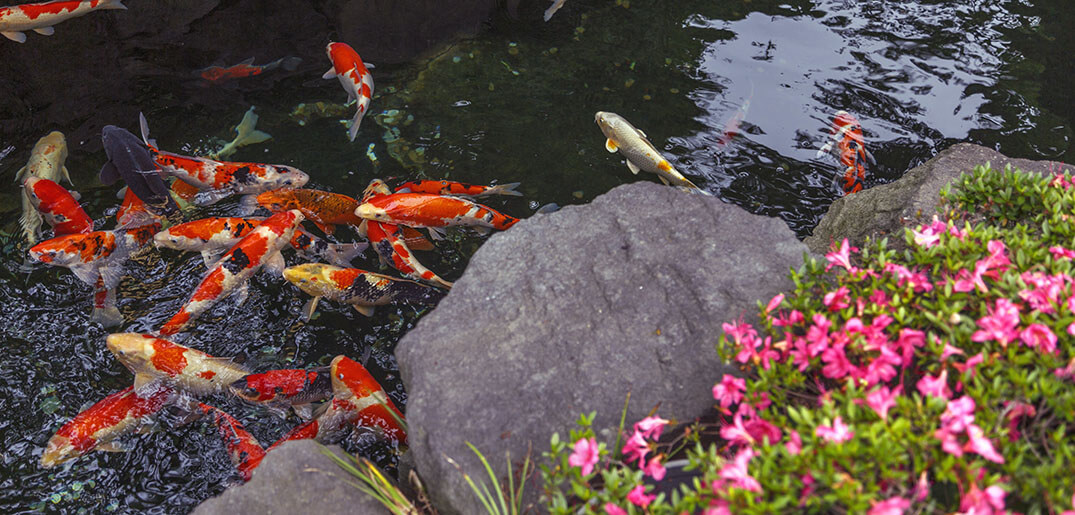Autumn harvests are an exciting time for koi breeders, especially in Japan. During this time, the fish are brought into warmer domiciles where the ponds are heated and filtered. The koi are then fed and monitored for the duration of winter. Below are some tips for making the most out of autumn harvests.
When Are The Best Breeding Times?
It is best to breed koi starting at the end of May or beginning of June. This is the busiest time for breeders since they will spend a great deal of time breeding multiple parent stocks. In fact, it isn’t unusual for the biggest koi breeders to have more than fifty parent koi sets, whereas smaller breeders might only have five sets. This means that breeders on average can get 500,000 eggs for each female, which considering how much these fish sell for, is a staggering amount of money. However, the number of koi that you’ll actually be able to sale is much lower than what comes from the eggs, due to various factors.
During June the koi will start spawning, and the fry will hatch. This is when you want to place them into specially designed fry ponds. Between June and September they will be grown and culled on a monthly basis, and between September and February they will be maintained within indoor ponds that are heated, where temperatures will be kept around 23 degrees Celsius and the fish will be fed six times each day. The best time to sell koi is between February and April and from April until May you’ll need to decide which koi you want to keep.
Breeding Cycles And Management
By May should you still have the koi which you bred twelve months prior. If you’ve cared for them properly, they should be a minimum of 30 cm in size, with exceptional specimens being 40 cm or more. The koi which you decide to keep should be placed in your primary mud pond so they can continue maturing through summer. You’ll need to inspect them each day to ensure that they are receiving adequate nutrition. Each fish needs a certain amount of space so it is essential to pay close attention to stocking levels.
If you manage the pond and fish correctly, they will have five months of feeding and growth that is uninterrupted, with no hassles or nets, just warm weather and lots of space in the pond to move around in. Buyers will arrive later, at the beginning of October which is the official koi harvest season. Breeders that follow this pattern will get consistent results season and season, and their koi will be exceptional, whether it is Tancho, Showa or Sanke. Breeding koi is not easy, and requires discipline and a well-organized system, but once you get it right, the results are well worth the effort.


 Blog
Blog



